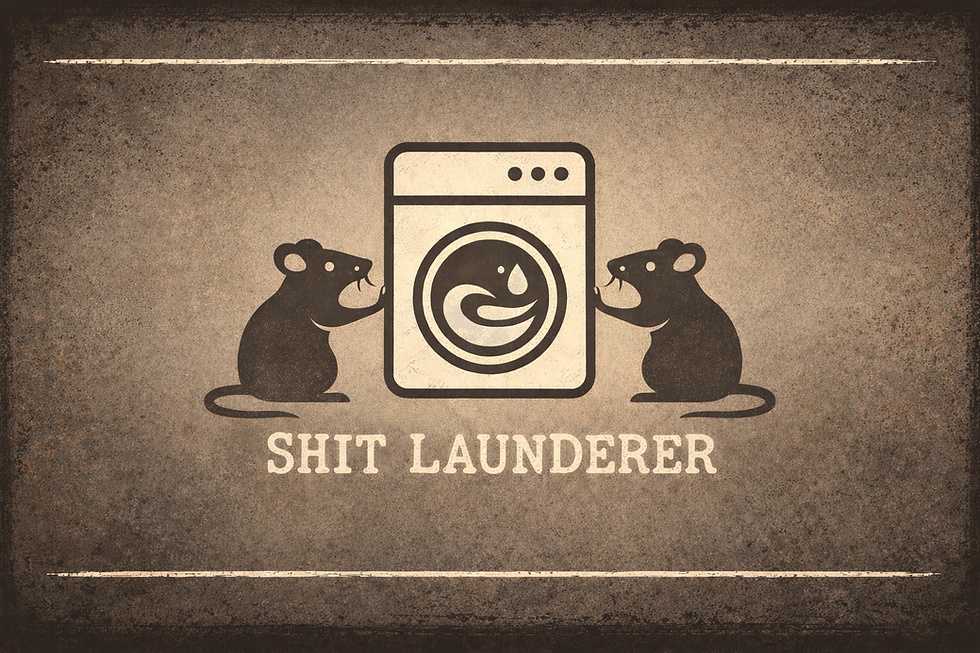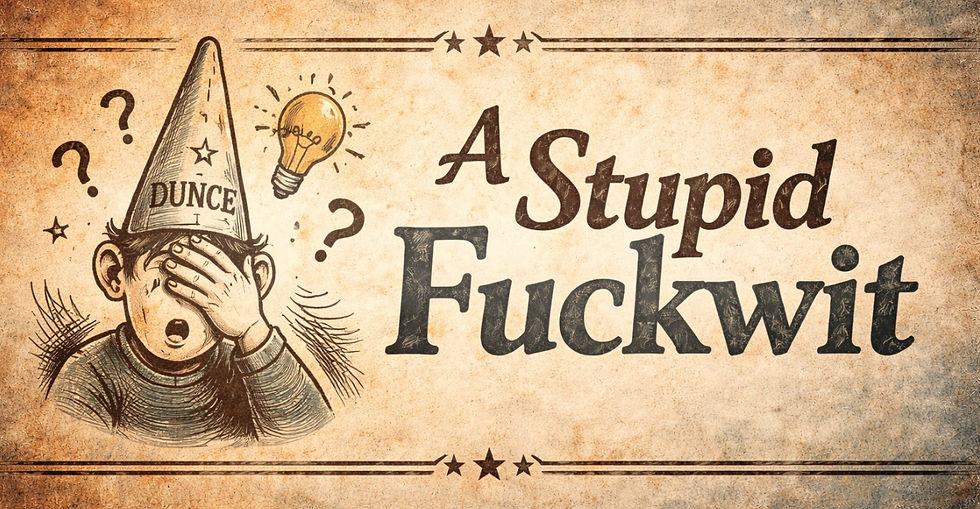Europe’s Strategic Paradox and the Necessity of Declaring: World War Three Is Already Underway
- john raymond
- Sep 10, 2025
- 2 min read

Vlad Vexler is right to demand that Europe act rather than talk. His prescription is correct: tangible support for Ukraine, not more high-flown rhetoric. But he undermines his own argument by clinging to the illusion that World War III has not yet begun. His reassurance that “we are not on the precipice” allows Europe to defer the very state of mobilization that would make his advice actionable.
The Paradox Vexler Identifies
Vexler describes the paradox well: Western democracies lack the strategic coherence to mount a strong response to Russia’s provocations. Without clarity of aims, without a sense of what the war is for, policymakers will forever vacillate between escalation and retreat.
This is the very soil in which Russian gray-zone tactics thrive. Drone incursions into Poland, hybrid operations in the Baltics, weaponized migration through Belarus—all gain their strength from political hesitation. Each probe induces paralysis because leaders and citizens alike still debate whether the war has even begun.
The Resolution: Recognize the War That Is
The paradox is resolved by discarding Vexler’s false reassurance that the war has yet to begin. Europe need not “declare war” in the traditional sense; Russia has already declared it through action after action. Each strike, incursion, cyberattack, and disinformation campaign is a mini-declaration of war, accumulating into the reality of existential conflict.
The loyal West’s first responsibility is not to await a formal trigger but to acknowledge the state of war that already exists.
This requires European governments enter a state of emergency:
To treat Russian acts not as accidents or provocations but as war crimes.
To reframe Article 5 not as a dormant clause but as a living obligation, one that is now continually under test.
To shift from defensive deterrence to active disruption of both Russia’s asymmetric and symmetric warfare architectures.
Why Recognition Precedes Action
Until NATO and the EU declare that war is upon them, Vexler’s tangible measures cannot be sustained. Citizens will not accept sacrifices; parliaments will not pass appropriations; militaries will not adjust procurement priorities.
The denial that World War III has already begun is what prevents Europe from supplying Ukraine with the decisive support it needs. The very paralysis Vexler laments originates in the refusal to speak the truth: the war is here; this is what it looks like.
Actions Not Words
The longer Europe waits to admit reality, the more entrenched Russia’s disinhibition becomes, the harder it will be to mobilize, and the greater the chance that Article 5 itself collapses under the weight of gray-zone corrosion.
The way forward, however, is clear:
Europe does not need to declare war. It must declare the war—the one already raging across Ukraine, Poland, the Baltics, cyberspace, and global markets.
Only then will the alliance escape its paradox, shed self-deterrence, and take the tangible, strategic action that Ukraine—and the free world—now require.






Comments